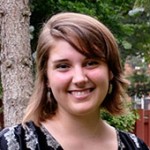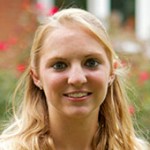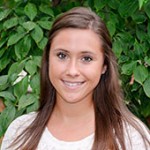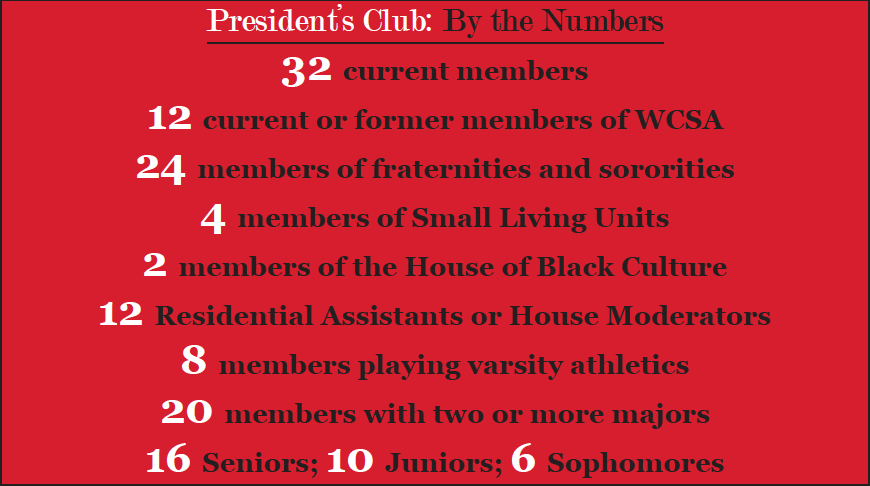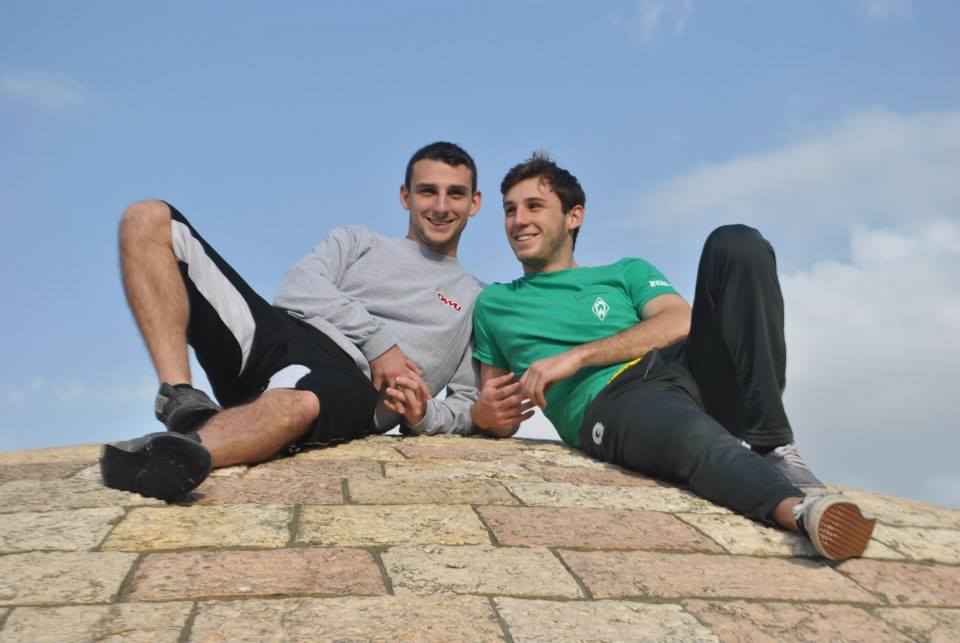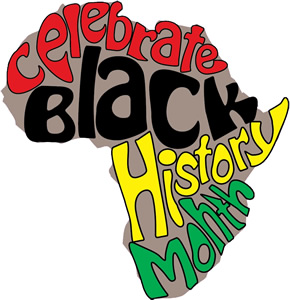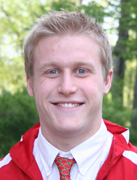While reading about the tragic death of Denison senior David Hallman, I found another troubling story on The Denisonian’s website.
A news story and letter to the editor posted last week describe how a three-page letter, filled with racially charged remarks against President Obama, was shoved under the door of Denison’s Black Student Union last December.
The remarks described the Affordable Care Act, a signature law of the president’s administration, as “the noose that hangs America,” made repeated references to President Obama as “boy,” an epithet with strong racial implications for the African-American community, and said that all Muslims are terrorists.
Reading this was especially troubling for me, both as an officer in Sisters United, an umbrella organization of the Student Union on Black Awareness, OWU’s equivalent group, and as someone who only a few weeks before the incident had been at Denison, working with students from there and around the area on how to challenge racism on college campuses.
Given our club’s focus on challenging racism and sexism, I am especially sickened by the letter’s use of rape language, which I will not repeat here.
This incident, much like the incidents of racist violence and vandalism at Oberlin last spring, are yet another wake-up call that racism still thrives in the United States, even at liberal arts colleges like our own.
Overlooking it or thinking that it only happens at other campuses accomplishes nothing and only perpetuates racism — or sexism, homophobia, and countless other forms of oppression.
While this incident is frankly mind-boggling to me in its ignorance and cowardice, it’s no laughing matter.
No one knows how many African-Americans were killed by lynching from the 1860s to the 1960s, but the Tuskegee Institute estimates it was around 3,500.
Most lynchings, which peaked in the late 1800s, were a community affair — mobs of white men would kidnap the victim, followed by a large crowd who watched as they were either hung on the spot or tortured first.
In one case in 1893, a former slave accused of killing a policeman’s daughter after being attacked by the policeman was tortured for almost an hour before being burned alive. A crowd of 10,000 spectators cheered as it all happened.
While some prominent cases of lynching, like this one, involved extra judicial punishment for alleged crimes, many lynchings were carried out to enforce white supremacy in the South.
It should be pointed out that lynching as an overall American phenomenon has been used against many ethnic minorities in many parts of the United States, and against white men who were either accused of crimes in the Wild West or of helping challenge the white supremacist systems of the South.
But in the context of how this letter tried to twist the African-American experience against President Obama and his supporters, lynching was chiefly a means of maintaining Jim Crow laws and disenfranchisement of African-Americans, in subversion of the post-Civil War amendments aimed at protecting the rights of freed slaves.
Even into the civil rights era, murder and terrorism was used by the Ku Klux Klan, their allies in the police and other white supremacists to try to maintain Jim Crow; guns replaced rope but many killers were never caught.
Last week, I penned a graphic on some of the many heroes and martyrs of the Civil Rights Movement; here are some of the fates of those who challenged racism and paid the ultimate price.
While the images of police brutality and Klan beatings are common images of the movement, the fates of these brave men and women have largely been forgotten.
Herbert Lee, who worked to help African-Americans reclaim their voting rights, was killed by a state legislator in Liberty, Miss. The legislator was never charged.
William Moore, a white man who went on a solo march challenging segregation, never finished it. He was shot and killed in Alabama on April 23, 1963.
Two months later Medgar Evers, state director for the NAACP in Mississippi, was assassinated.
Dozens of other activists, black and white, and many uninvolved black men, women and children were killed by bullets, beatings or bombs in the violence of the 1960s.
To combine this imagery of nooses and racist murder with the nation’s first African-American president is indeed “troublesome,” as Lester Harris, president of the Denison Black Student Union’s Freshman Foundation, said in an interview with The Denisonian.
“I was extremely uncomfortable with what I was reading,” Harris said in the interview; he was one of the first to see the full letter after it was found.
Denison’s Campus Security worked with an outside company to determine the level of threat the letters posed; they were deemed a low-level threat.
Director Garrett Moore said in an interview with The Denisonian that the letters weren’t threatening, but “insensitive” and contained “a lot of political ramblings.”
He said they believe the letter may have been written by a member of the Granville community rather than a Denison student, as they refer to old songs and radio statements by Glenn Beck.
The full content of the letter has not been released at the Black Student Union’s wishes, but the group provided information in its letter to the editor and interviews with The Denisonian.
Black Student Union members started a committee to address the incident, and hope to hold larger discussion with the campus community about issues of racism and everyday microaggressions.
As a Sisters United officer, I hope to use this unfortunate event to hold similar discussions here, and show our solidarity.
